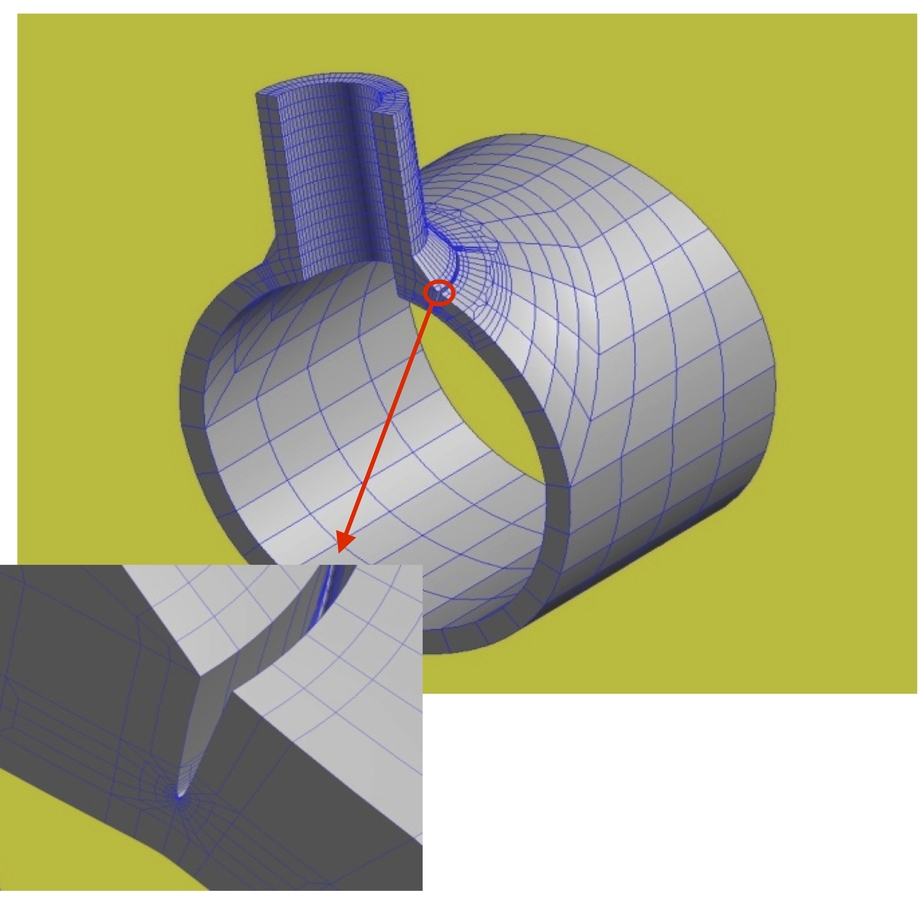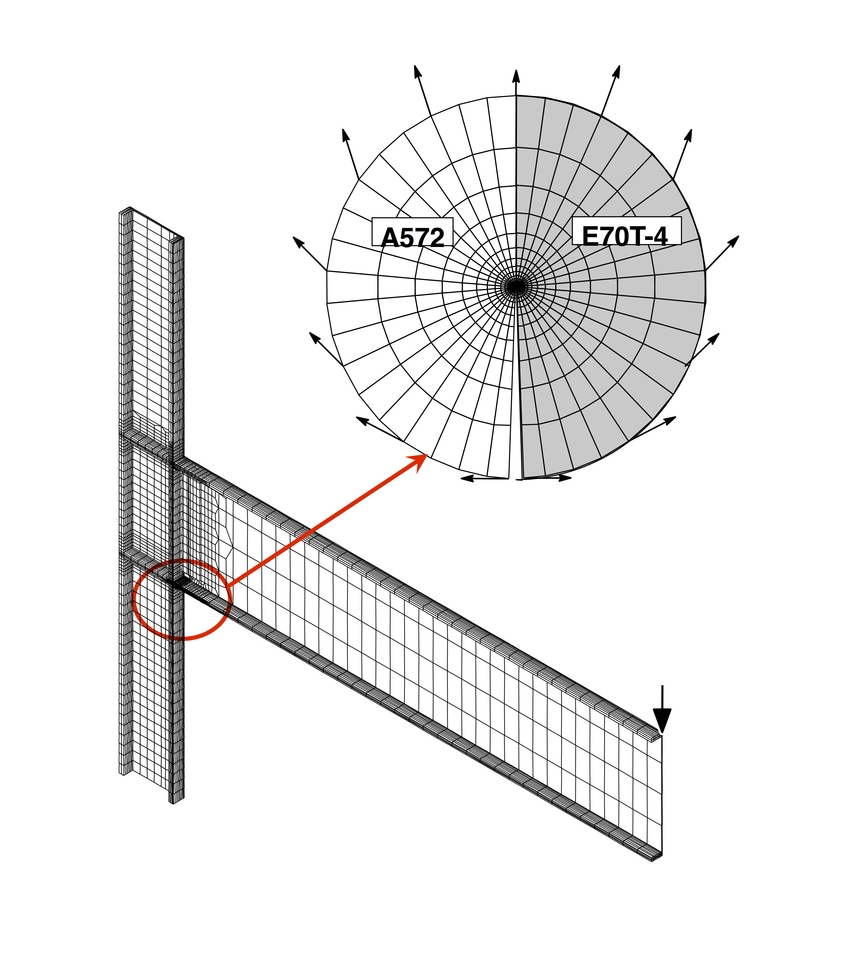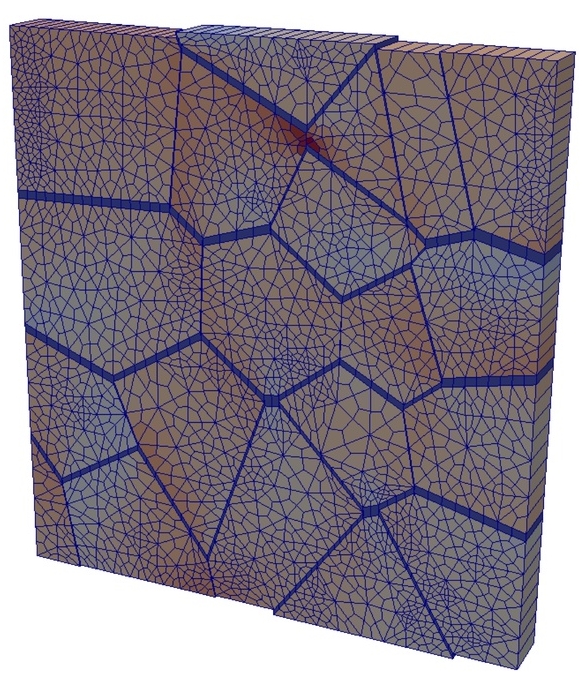WARP3D is under continuing development as a research and production quality code for the solution of large-scale, 3-D solid models subjected to static and dynamic loads. The capabilities of the code focus on fatigue & fracture analyses primarily in metals. WARP3D runs on laptops-to-supercomputers and can analyze models with millions of nodes and elements. See Capabilities page for detailed list of features.
The distribution includes: ready-to-run executables for Windows 10/11, Linux, macOS (Intel only); extensive documentation and verification sets; workflows; all source code and build scripts.
QuickStart Guides (1 October 2025): Overview Windows Users Linux Users macOS Users Build from GitHub Source
Short Intro to WARP3D (1 October 2025): Intro
18.4.2 Current Release: Build 4500. 31 October 2025. Download complete system here (1 GB .zip). Stress output variables have been modified. Build 4500 adds new features to streamline the computation of J-integrals in analyses with many load(time) steps. In Build 4400, the previous stress invariants I1, I2, I3 are replaced by the mean stress, triaxiality and a Lode angle parameter. Significant re-factoring of the output system completed (not visible to end-users). Documentation updated across system. See Revision History for other changes this release.
Contact: Robert Dodds (rhdodds@gmail.com), Faculty Profile (U. Illinois), Linkedin Profile
The WARP3D system is maintained on two web sites:
This site (warp3d.net) contains general information about the WARP3D project, capabilities and links to download documentation and compressed files for the entire system that contain: ready-to-run executables for Windows, Linux, Macs; all source code and build scripts; all documentation, example and verification suites.
The code development and management site at GitHub. The default (master) branch is maintained with continuous updates to the source code, supporting build files and the history/tracking of all changes are available for download at this site.




